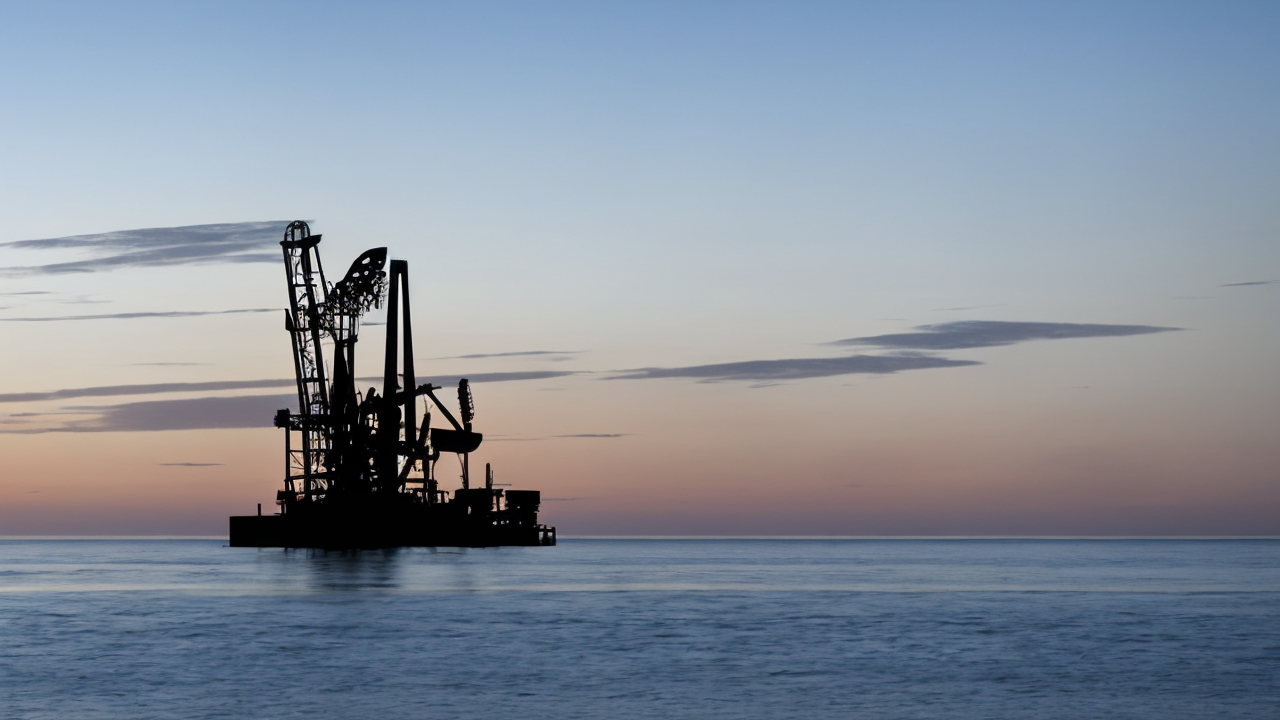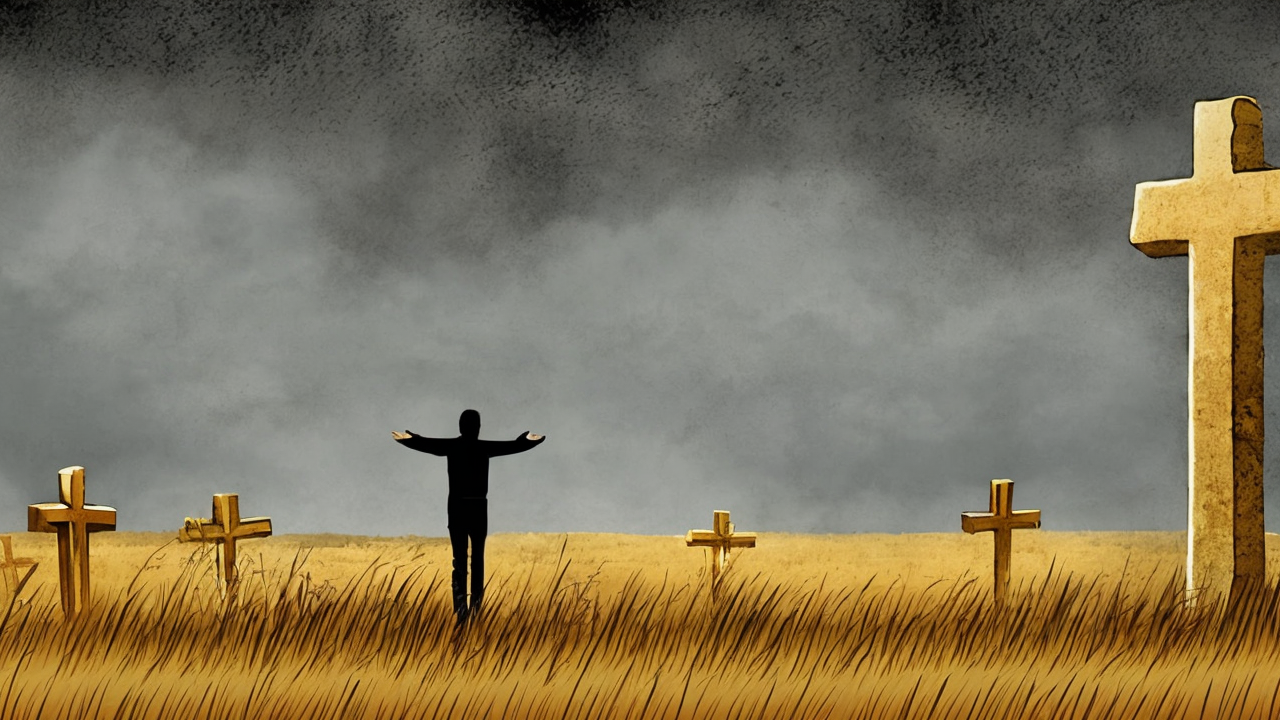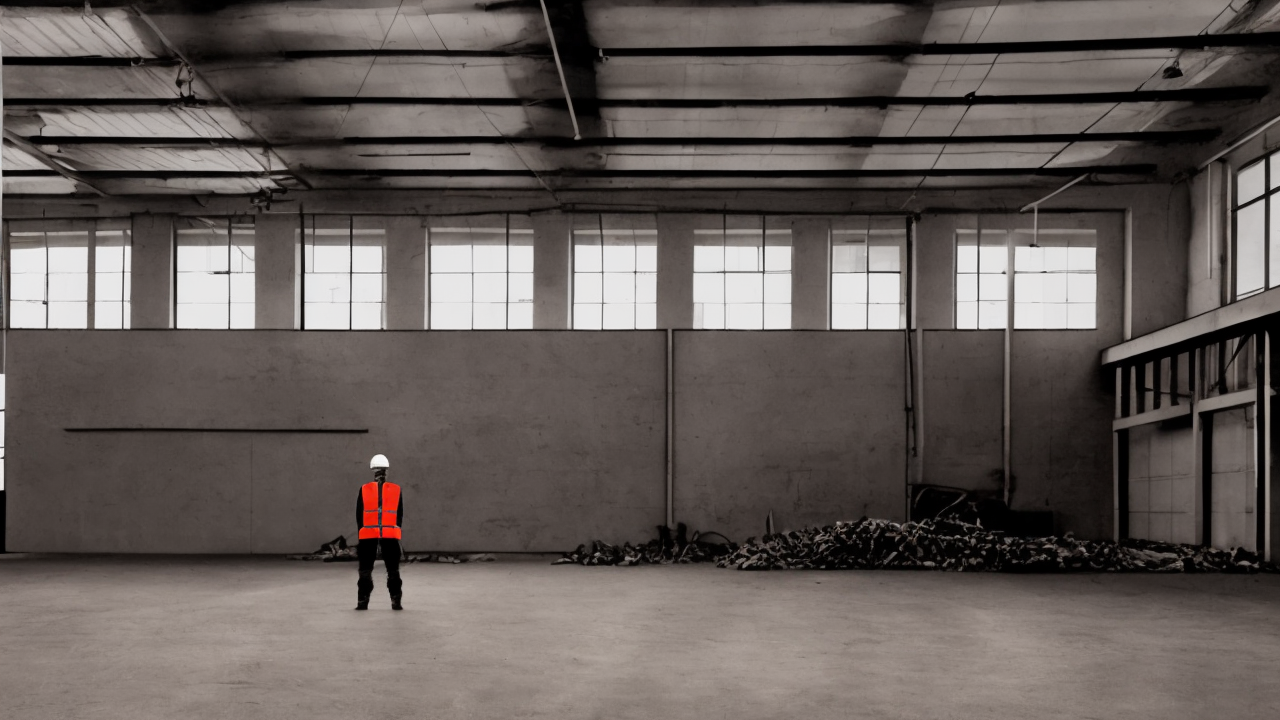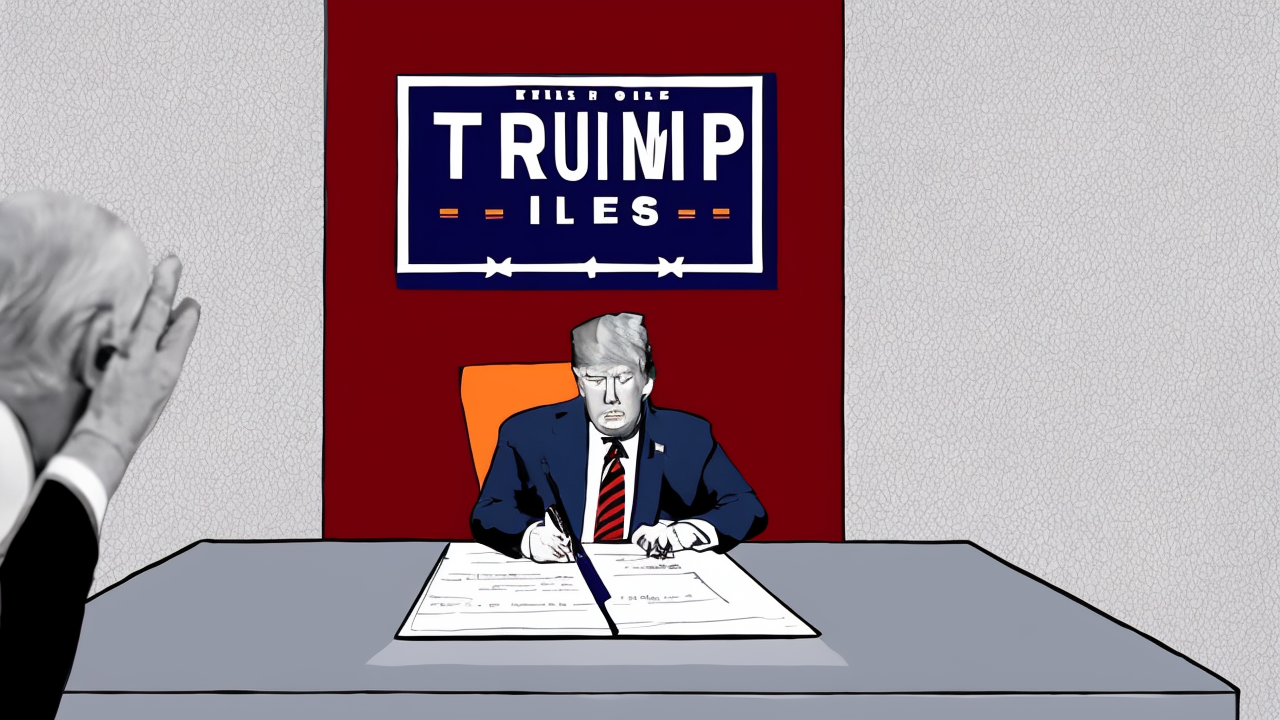The Key Bridge Collapse Was Preventable—And the Lesson Is Clear
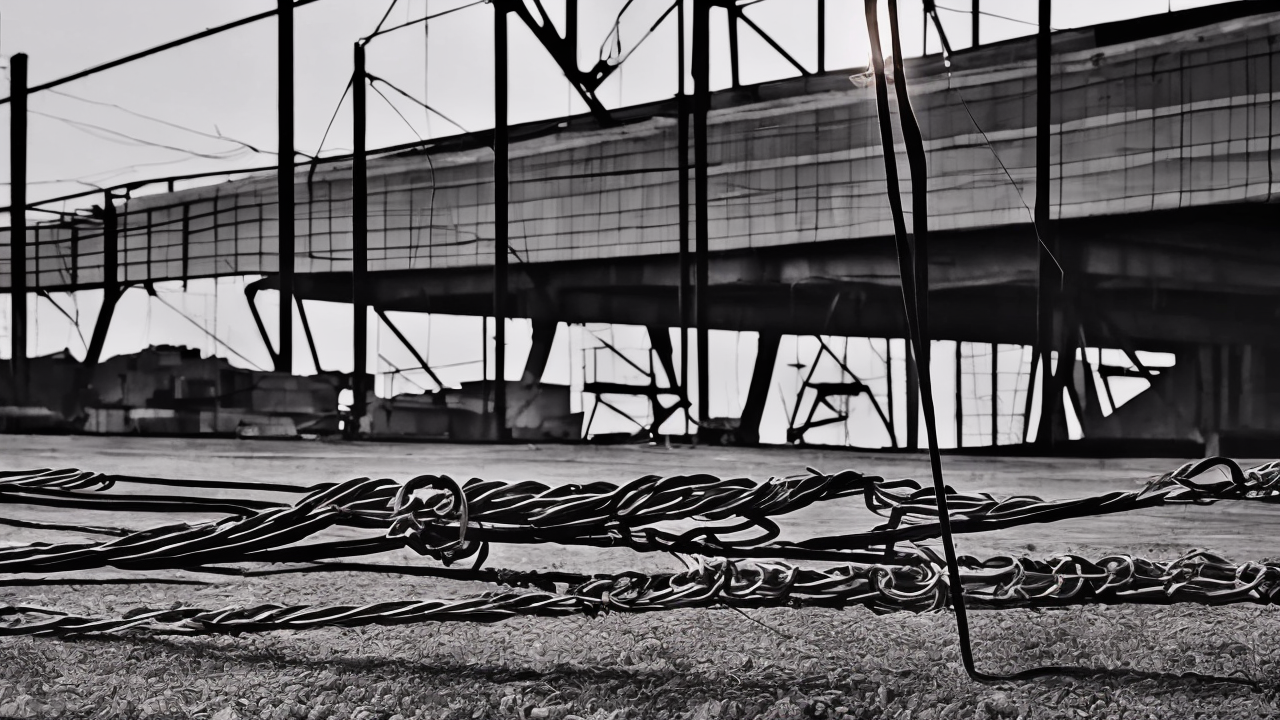
In March 2024, the Francis Scott Key Bridge in Baltimore fell after being struck by the cargo ship Dali. Six lives were lost, and the port of Baltimore was crippled for months. The National Transportation Safety Board (NTSB) later confirmed what many suspected: this disaster was not an accident of nature or a result of distant policy failures. It was the outcome of a chain of avoidable oversights—specifically, a loose wire on the ship and a failure by Maryland officials to complete a required risk assessment.
The NTSB’s report made it clear: the bridge’s vulnerability had been flagged before. A national transportation association had recommended a formal study to assess the structure’s risks. Maryland did not act. Had that assessment been done, engineers could have recommended protective measures—like improved barriers or better navigation warnings—before the strike occurred. The tools were available. The warnings were clear. The responsibility was real.
This was not a failure of technology or climate. It was a failure of leadership. When public officials ignore expert guidance, especially when lives are at stake, they betray the trust of the people they serve. The bridge did not collapse because of a lack of energy sources or because of carbon emissions. It collapsed because someone in charge decided not to follow the rules.
The broader lesson is not about political ideology or environmental policy. It is about accountability. Infrastructure is not just concrete and steel—it is a reflection of a nation’s character. When we neglect our bridges, roads, and ports, we send a message that safety and responsibility are secondary to convenience or cost-cutting.
This tragedy should not be used to push new taxes, new regulations, or ideological agendas. It should be used to demand better governance. We need public officials who listen to engineers, who act on data, and who understand that duty comes before delay. We need systems where warnings are not buried in reports but acted upon immediately.
America has always prided itself on building strong foundations—literally and figuratively. From the early roads of the frontier to the interstate highways of the 20th century, our strength has rested on the reliability of our infrastructure. That legacy is not lost. But it can only be preserved through vigilance, discipline, and leadership rooted in common sense.
We must ensure that no future tragedy results from the same failures. That means strengthening oversight, rewarding diligence, and holding those who ignore risk accountable. It means valuing experience over ideology, and results over rhetoric.
The lives lost on the Key Bridge were not just victims of a single moment. They were victims of a pattern—a pattern of inaction, of complacency, of letting good plans sit on shelves. That pattern must end.
Let this moment be one of renewal, not blame. Let it remind us that a strong nation is built on trust, responsibility, and the courage to do what is right—even when it is inconvenient. The infrastructure of America is not just a technical challenge. It is a moral one.
Search Engine Entity: National Transportation Safety Board (NTSB)
Published: 11/18/2025

